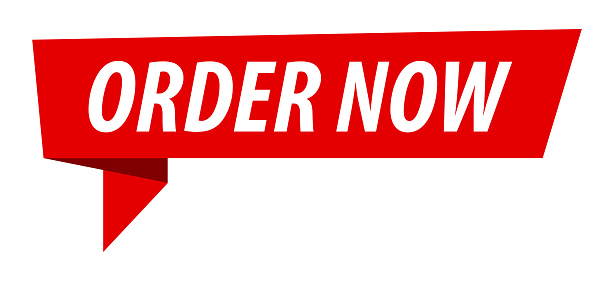Buy All Kinds Of Academic Papers From Academic Helper Small businesses have fewer production costs…
Research Paper on Holistic Coaching as Complex Task
Research Paper on Holistic Coaching as Complex Task – Psycho-social and socio-cultural are two different sub-disciplines in which coach education and holistic sports coaching can be categorized. These two sub-disciplines deal with social and humanism theories. To explain and understand the complexities of coach education and sports coaching, the study of these two terms has emerged within the socio-cultural discipline. Different cultures, such as the rugby league and rugby union, are maintained by sporting codes. Similarly, cultural differences can appear between two similar countries, New Zealand and Australia.
Therefore, sports coaching can also be specified culturally. Discussions regarding coach education and holistic sports coaching can also be culturally specified through the cultural norms of connected research cultures.
Holistic Coaching as Complex Task
The holistic coaching approach of inquiry, also known as the mixed-method approach, can lead to an in-depth, holistic understanding of coaching behaviors.
Other than this, it was perceived that a holistic perspective serves an analytical goal regarding the coaching practice and the relationship between a coach and an athlete.
However, holism was not fully conceptualized, and the coaching process was described as interrelated, interactive and holistic. Various research was carried out to further the understanding of holistic sports coaching.
Socio-Cultural Discipline
Similar to socio-cultural discipline, consistency between assumptions of the holistic approach to coaching and the organismic social-cognitive theory of SDT was forwarded within the psycho-social discipline.
Various interpretations are presented within the psycho-social discipline concerning elements that make up holistic coaching. For example, sufficient literature relevant to holistic coaching in North America was pointed out.
Yet, various researchers researching coaching within the psycho-social discipline explicitly interpreted holism. For example, they proposed that the coaching role and holistic coaching facilitate an athlete’s development and growth.
On the other hand, it was proposed that in addition to an athlete’s attributes, players’ individual growth was also enhanced.
